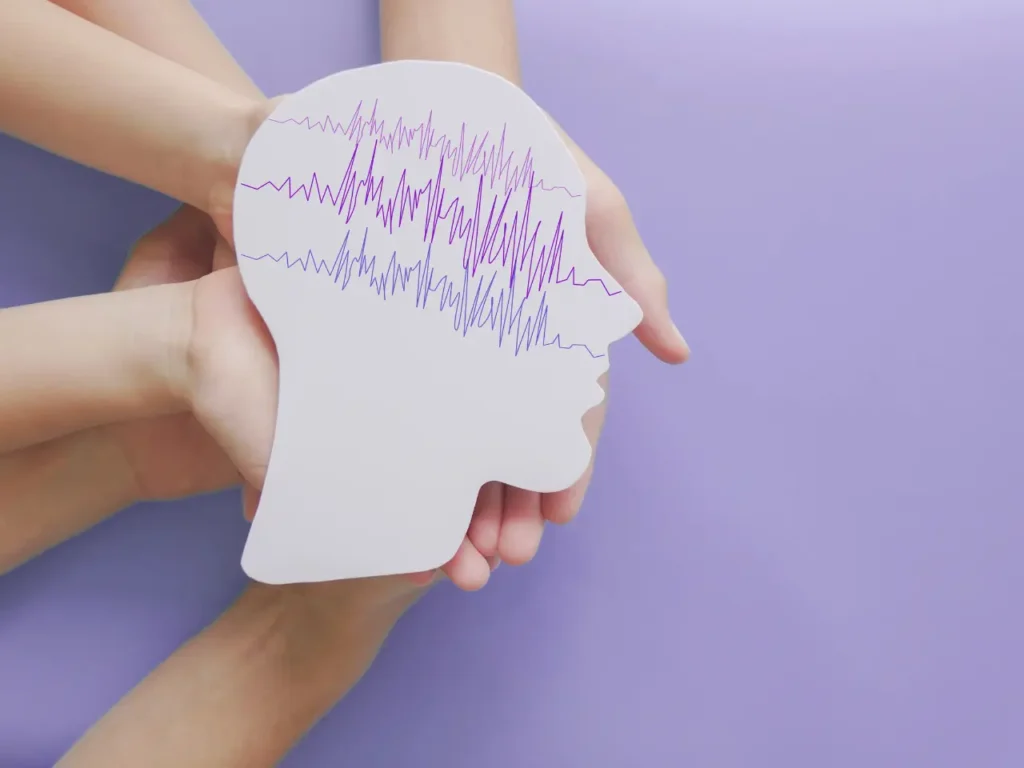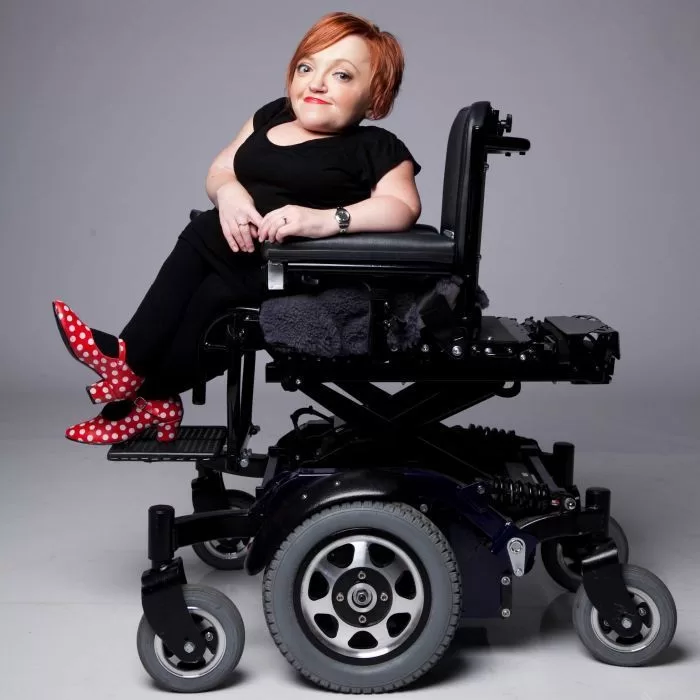Updated on December 10, 2024

Is Seizure considered a disability in Australia?
In Australia, the definition of disability under the Disability Discrimination Act 1992 (DDA) is broad and inclusive.
The Act protects individuals from discrimination based on various types of disabilities, including physical, intellectual, mental, sensory, and neurological disabilities.
This legislation provides a framework for assessing whether conditions like seizure disorders can be classified as disabilities.
The DDA defines disability as “any condition, impairment, or disorder that has lasted or is likely to last for at least six months and restricts a person’s ability to carry out everyday activities.”
This definition includes several categories:
- Neurological Disability: Seizure disorders fall under neurological disabilities as they impact the brain and central nervous system.
- Mental Illness: If seizures lead to psychological impacts like anxiety or depression, this can also be considered mental illness.
Seizure disorders, such as epilepsy can meet the DDA criteria if they substantially limit an individual’s ability to perform daily tasks.
For example, frequent seizures can disrupt personal, professional, and social activities, fulfilling the requirement of a condition that affects day-to-day life.
Severe seizure disorders can qualify as disabilities based on their impact on an individual’s life. For instance, the National Disability Insurance Scheme (NDIS) provides funding for various supports for those with disabilities. If a seizure disorder significantly affects daily functioning, NDIS might fund:
- Training for Support Workers: To assist with following an Epilepsy Management Plan (EMP) or Emergency Medication Management Plan (EMMP).
- Monitoring Services: Support workers or nurses to monitor seizures, especially for complex cases.
- Assistive Technology: Devices such as alarms or seizure monitors to enhance safety.
- Support Coordination: To connect individuals with appropriate services and resources.
Epilepsy Action offers resources to help manage seizure disorders, including needs assessment, seizure management planning, and training for family and support workers.
However, formal assessments for assistive technology must be conducted by an Occupational Therapist or other qualified professionals. In summary, while seizure disorders are not explicitly listed as disabilities under the DDA, they can qualify as such based on their severity and impact on daily life. The legal framework and NDIS support mechanisms provide avenues for obtaining necessary assistance and resources for those affected.
Can Seizure Disorders be Cured?
Currently, there is no definitive cure for seizures, as they are a symptom of various underlying conditions. However, some seizure disorders can be effectively managed or go into remission with proper treatment, such as medication, surgery, or lifestyle changes.
Is seizure an auto-immune disease?
Seizures can be a symptom of various conditions and some of these conditions may have an autoimmune component. However, seizures themselves are not typically considered an autoimmune disease.
Conclusion
Seizure disorders, though not outrightly specified as a disability, can be classified as disabilities in Australia under the Disability Discrimination Act 1992 if they significantly affect an individual’s daily activities. While there is no definitive cure, effective management through medication, lifestyle adjustments, and support services can help control seizures and improve quality of life.
MORE FROM CENTRE DISABILITY SUPPORT
IS ANKYLOSING SPONDYLITIS A DISABILITY IN AUSTRALIA?
IS PMDD A DISABILITY IN AUSTRALIA?
IS AUTISM A DISABILITY IN AUSTRALIA?
IS TOURETTES A DISABILITY IN AUSTRALIA?



